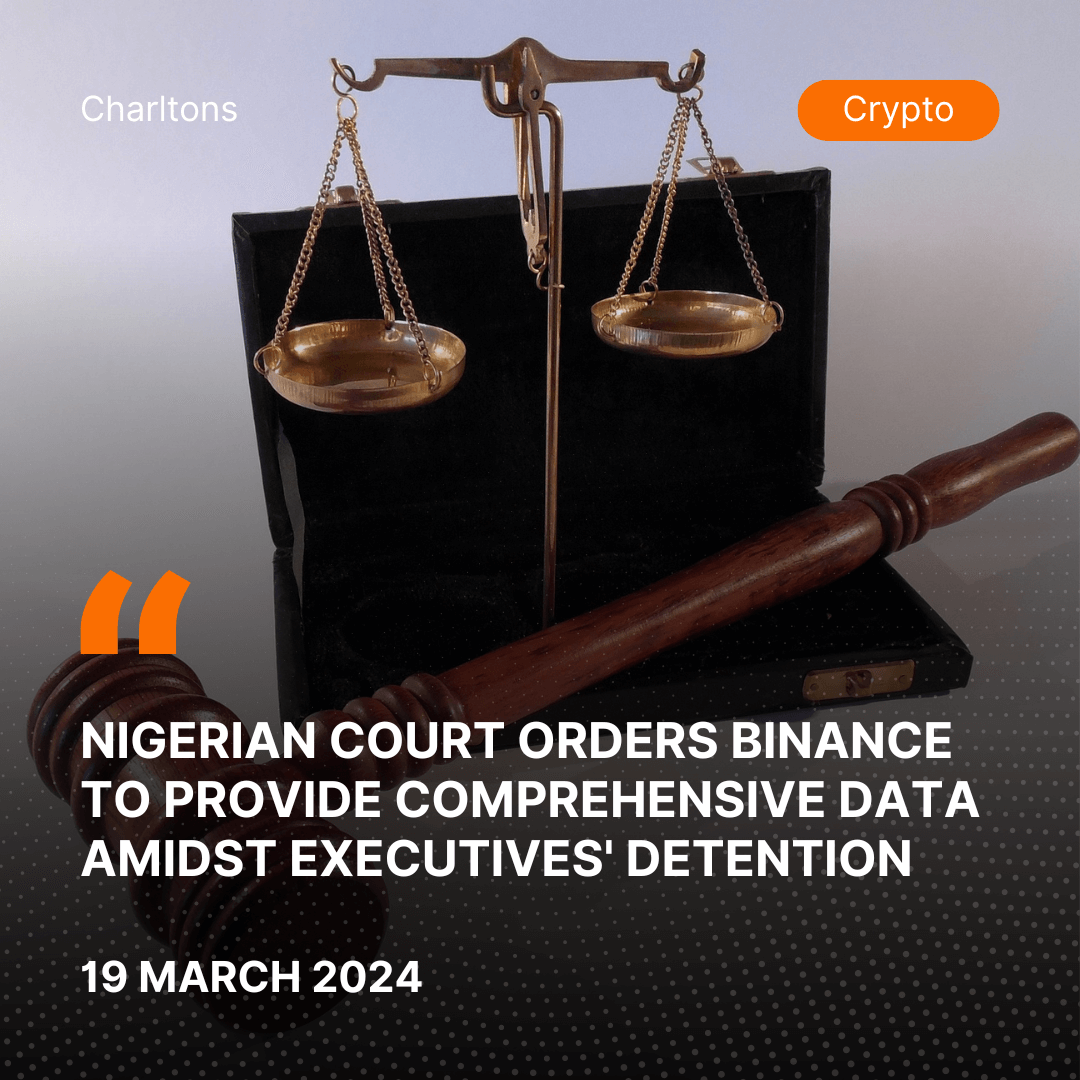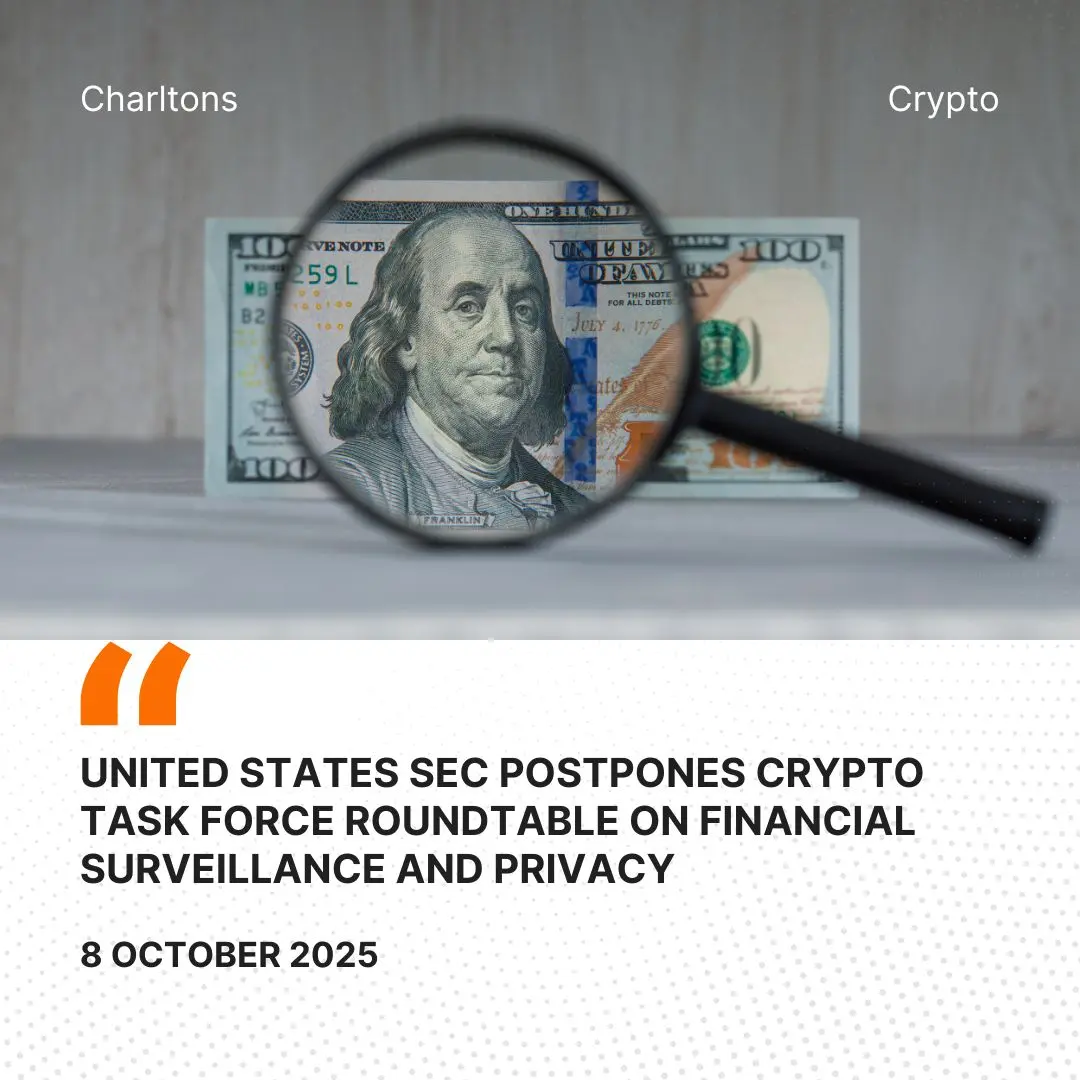
In a significant development, a Federal court in Nigeria has issued an interim order mandating Binance, one of the largest cryptocurrency exchanges globally, to provide detailed information about all Nigerian users trading on its platform to the country’s Economic and Financial Crimes Commission (EFCC). The court’s decision comes amid Nigeria’s intensified crackdown on the cryptocurrency industry, which authorities allege has played a role in facilitating illegal capital outflows and contributing to the weakening of the national currency, the naira. This move reflects the government’s growing regulatory scrutiny and determination to rein in the crypto sector, which it perceives as a potential threat to the country’s financial stability and sovereignty.
Furthermore, the detention of two senior executives from Binance, who were summoned to Nigeria for discussions regarding the matter, adds another layer of complexity to the situation. The court hearing for these executives is scheduled for Wednesday, highlighting the ongoing legal battle between Binance and Nigerian authorities. This development underscores the seriousness of the situation and the government’s commitment to holding accountable those it believes are responsible for alleged financial misconduct in the crypto space.
Moreover, Nigeria’s regulatory stance towards cryptocurrencies appears to be hardening, as evidenced by its proposal for a 400% increase in registration fees for crypto firms. This move signals the government’s intent to tighten its grip on the industry and impose stricter regulations to mitigate potential risks and safeguard the interests of investors and the financial system as a whole.
Despite these developments, both Binance and the EFCC have yet to issue official statements or respond to requests for comment, leaving the situation and its implications subject to ongoing speculation and scrutiny within the crypto community and beyond.





